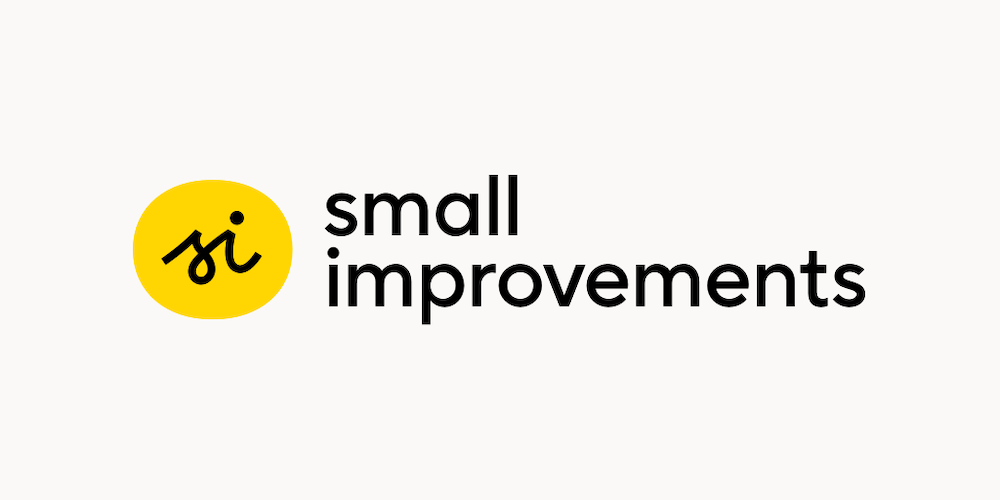The 1:1 meeting may be the most important tool you have as a manager. It’s your opportunity to build a relationship with your employees and provide support to help them perform well and have a good work experience.
Making time for a regularly scheduled 1:1 meeting with your employees is critically important and a great first step.
But, now that you have made time to talk, what should you talk about?
The key to great conversations is great questions. So, as you think about how to make these meetings engaging and productive, start by identifying the right questions to ask.
The core agenda
The best place to start is with a good foundation of questions to use when you meet. These questions should ensure the most important things get discussed during each meeting. And, they should help both you and the employee prepare in advance of your meeting.
The five questions I recommend are:
- What is the most important thing we need to discuss today?
- What are your most significant accomplishments since we last met?
- What are the most important things you will focus on before we meet next?
- What obstacles are you encountering right now?
- What can I do better or differently as your manager to support you?
These questions can represent the core agenda for your recurring 1:1. In addition, consider adding another question or two each time to explore other important topics. Below are some questions to consider adding in rotation.
Relationship builders
The 1:1 meeting is also a time to develop a personal relationship. A good manager knows what really matters to an employee outside of work.
- How are you?
- What have you been doing for fun lately?
- How is your family?
- What vacation plans do you have coming up?
Positive work experience
The experience an employee has each day at work has a significant impact on the quality of their performance and their desire to stick around. The personal check-in is a great time to catch up and ensure things are going well. And, if they aren’t, to find out and fix the issue quickly.
- How are you feeling about work?
- What about your job is most satisfying for you?
- What about work is frustrating?
- If you could change one thing about your job today, what would you change?
Communication
While this meeting is a communication tool, it should also be used to gain feedback about communication in general.
- How would you rate our communication as a team?
- How could I do a better job communicating with you?
- What kind of communication or information do you wish you had more of?
Learning and growth
Employees crave challenging work and the opportunity to learn new things. It’s valuable to check in with them to understand both what they are learning and what they would like to learn in the future.
- Tell me about something new you learned since we met last.
- What opportunities have you had recently to learn something new?
- What would you like to learn about in the future?
- What kind of training or experience would be most helpful to you right now?
Career development
An employee relies on their manager to help them achieve their career goals. Use these questions to help your employee along their career journey.
- What do you see as the next step in your career?
- What goals have you set for your career?
- How do you feel you are progressing in your career?
- What big questions do you have about your career opportunities in the future?
A reminder
The key to a great conversation is great questions. But, a question must be asked with curiosity to have its true effect. To reap the benefits of these great questions, you must commit to asking with a true intent to learn and explore the answers. You must be patient with your listening and honor your employees by truly hearing their responses.
If you can do this, you will be well on your way to not only having great 1:1 meetings, but also creating positive and productive relationships with each of your employees.
And don’t forget, Small Improvements has a 1:1 Meeting feature that allows managers and direct reports to capture these valuable conversations within the software.



